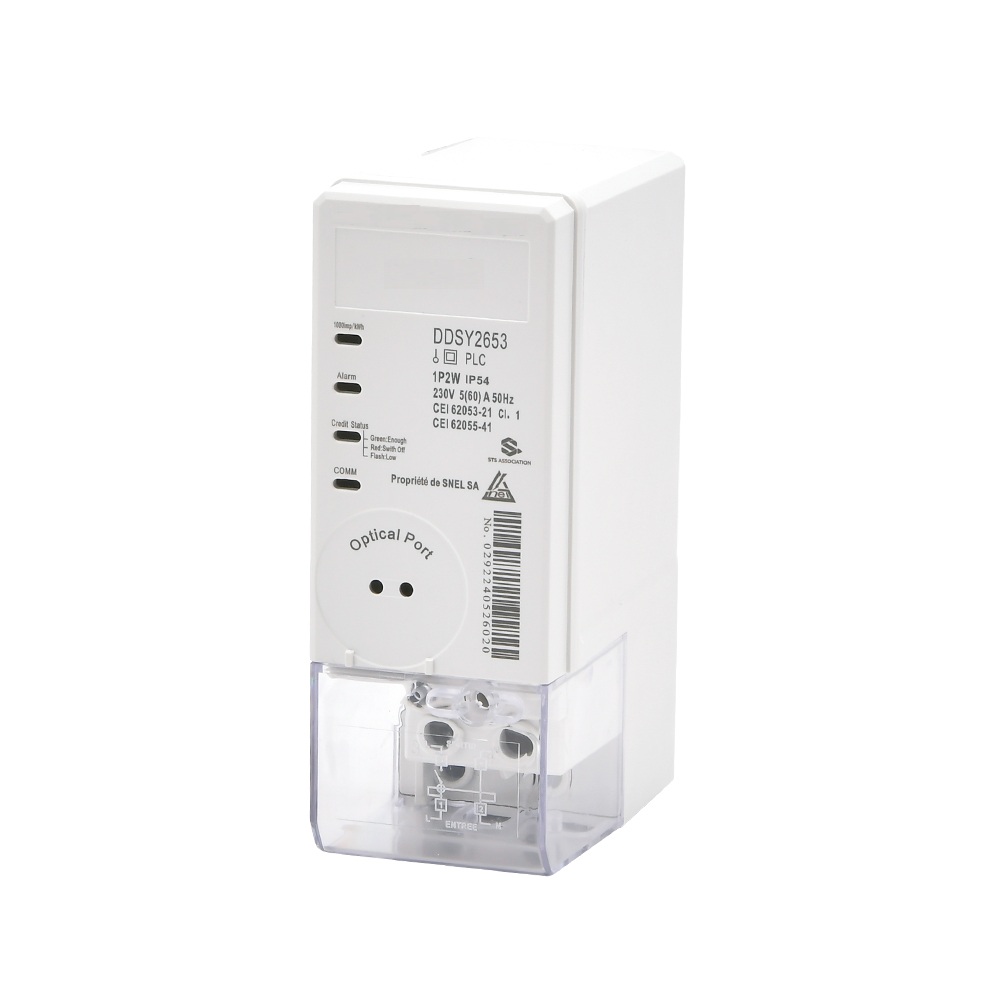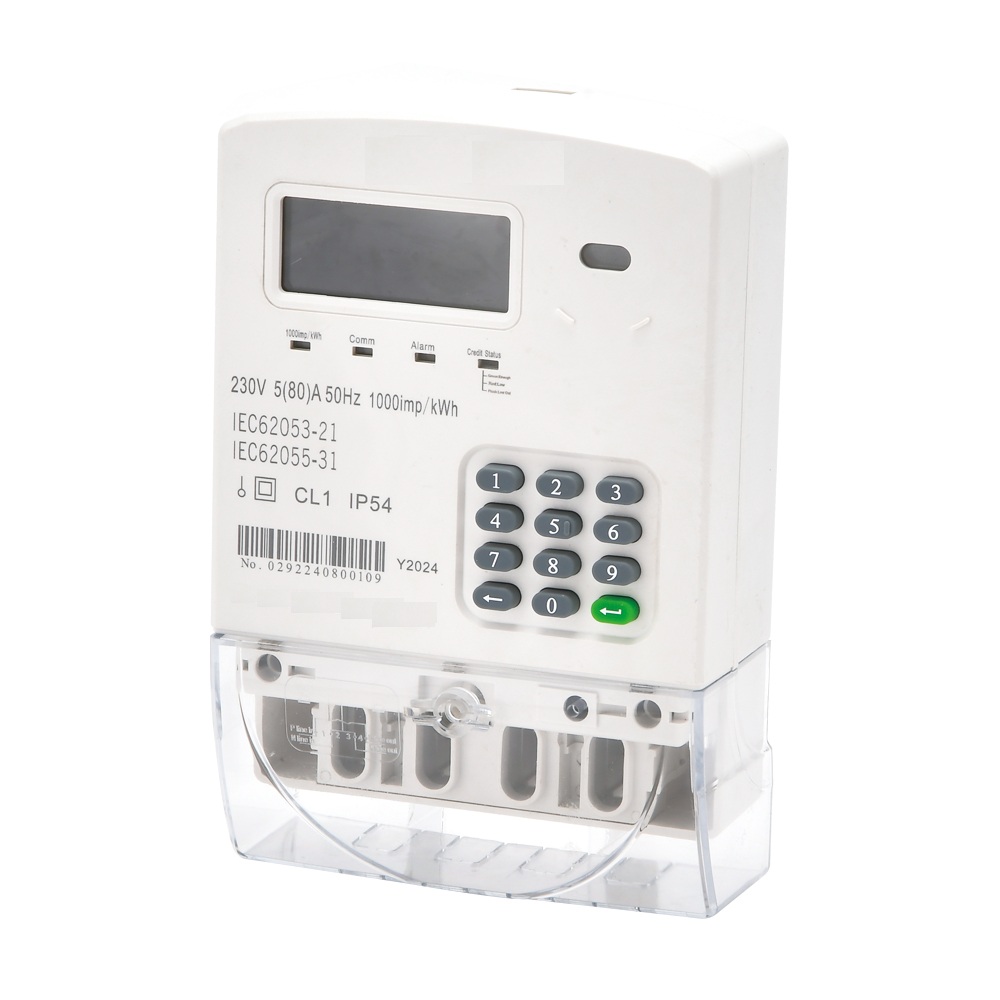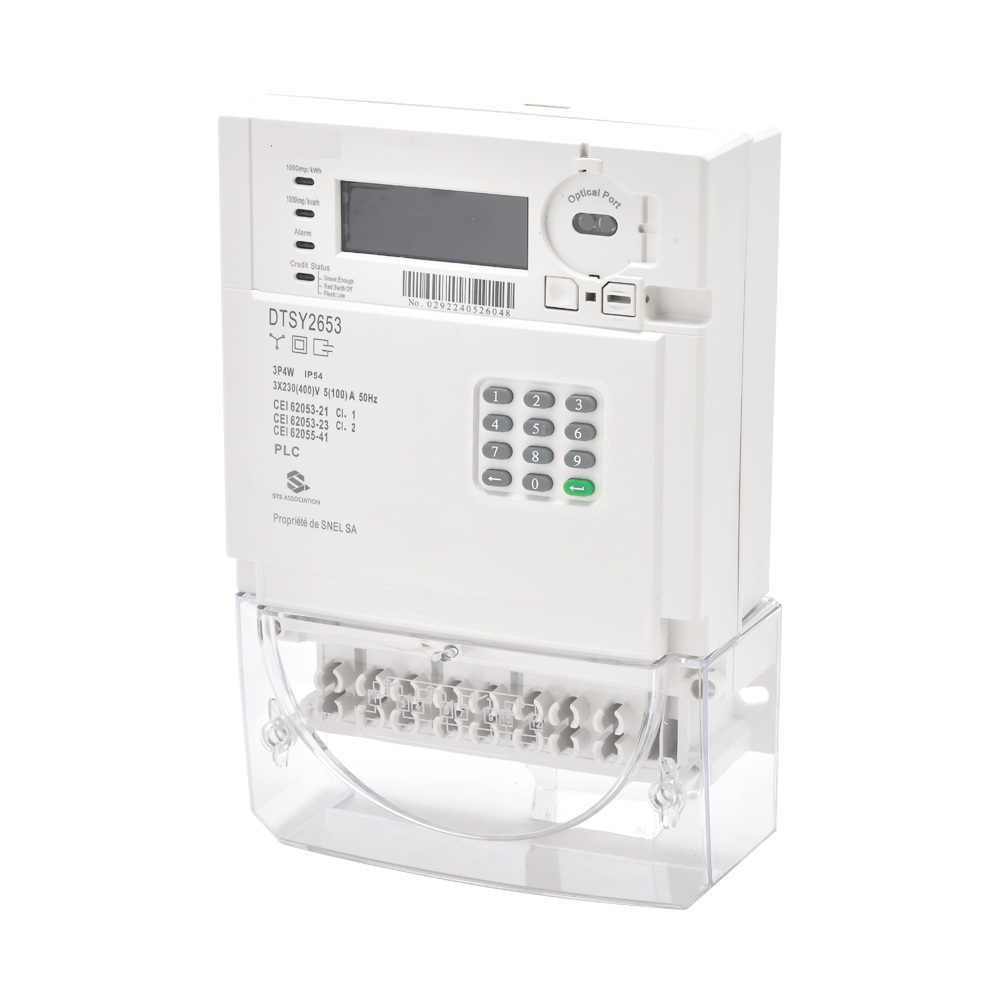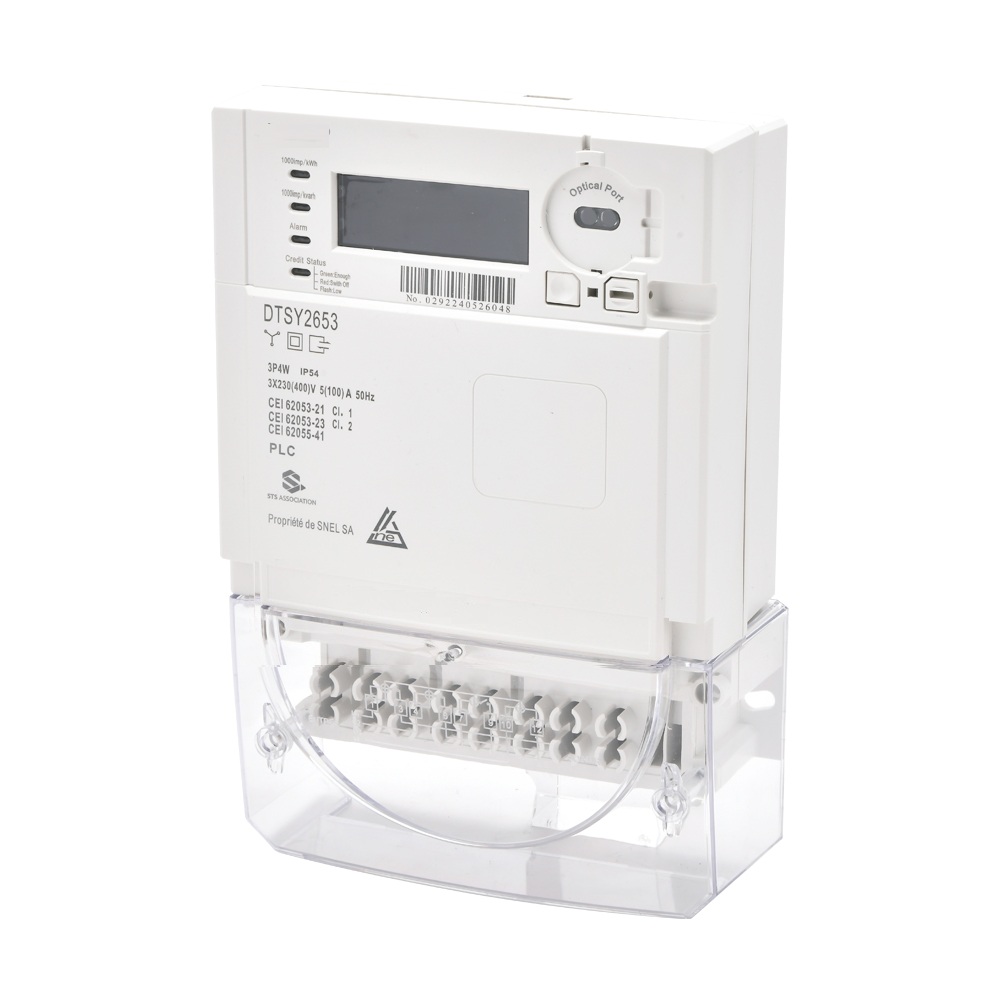Why is it said that after replacing the smart meter, the electricity bill has increased?? The manufacturer refutes the rumors for you
Publish Time: Author: Site Editor Visit: 178
The characteristics of smart meters lead to more accurate measurement
Improvement of measurement accuracy: Traditional electric meters are limited by manufacturing level, and when the current is small, the driving force is small, and the electromagnetic force generated is not sufficient to overcome the rotational friction force. The reading of the electric meter may remain unchanged, resulting in underestimation of electricity. For example, when an electrical appliance is in standby mode, traditional meters may not turn, while smart meters can sensitively detect small currents through high-precision sensors and count the amount of electricity that was previously ignored, resulting in an increase in electricity bills. However, this increase is usually small and may cost an additional three to five yuan per month.
Capture small currents: Smart meters can capture small currents such as standby and leakage of electrical appliances. Electrical appliances such as televisions, wireless routers, and air conditioners are in a "standby power consumption" state when not in use, and smart meters will record these power consumption. A TV consumes about 0.5 kWh of electricity per day when in standby mode, which is 15 kWh per month; The standby power and operating power of the TV set-top box are basically the same, with a daily power consumption of about 0.4 kWh, which is 12 kWh per month.
Impact of time of use billing: Smart meters support multi period electricity pricing billing, with billing divided into four periods: peak, off peak, off peak, and off peak. Electricity prices vary during different time periods, and if users consume more electricity during peak hours, their electricity bills will increase accordingly. For example, the electricity prices during the four peak periods of general industry and commerce are different, and there are also differences in the peak and valley electricity prices for residential electricity consumption. The peak period is from 8am to 8pm, and the valley period is from 8pm to 8am. The electricity price during peak periods is higher than that during valley periods.
Changes in user electricity usage
The number of electrical appliances has increased: With the improvement of living standards, the number of electrical devices in modern households continues to increase. High power consuming devices such as air conditioners, refrigerators, washing machines, water heaters, induction cookers, rice cookers, and kettles, as well as low power consuming devices such as televisions, phone chargers, hair dryers, fans, lights, and water dispensers, all consume electricity. These appliances combined consume a considerable amount of electricity, and smart meters have high sensitivity. As long as electricity is used, it will "go away" and electricity bills will naturally rise.
More standby appliances: In the past, people would unplug the power plug after using the TV to save energy, but now many appliances are not unplugged and are in standby mode when not in use. The new electricity meter has high sensitivity and consumes a considerable amount of electricity in standby mode, leading to an increase in household electricity consumption.
Changes in electricity usage habits: The use of smart meters may prompt users to adjust their appliance usage habits. For example, users may use air conditioning or heaters more frequently and extend their usage time to provide a more comfortable living environment, and these additional electricity consumption behaviors will result in increased costs.
other factors
Improvement of power grid quality: In recent years, the renovation of urban and rural power grids has been accelerating, and the quality of the power grid has improved compared to before the renovation. The situation of low voltage has completely changed, the lights are brighter than before, and the electrical equipment can also work normally, resulting in a corresponding increase in electricity consumption.
Leakage problem: Some home decoration wires are installed improperly, and materials such as wires do not meet technical requirements, resulting in low quality and causing leakage, which can also increase electricity consumption.
Theft of electricity: The theft of electricity by individual users in society may affect the meter readings of other users, leading to abnormal electricity bills.



